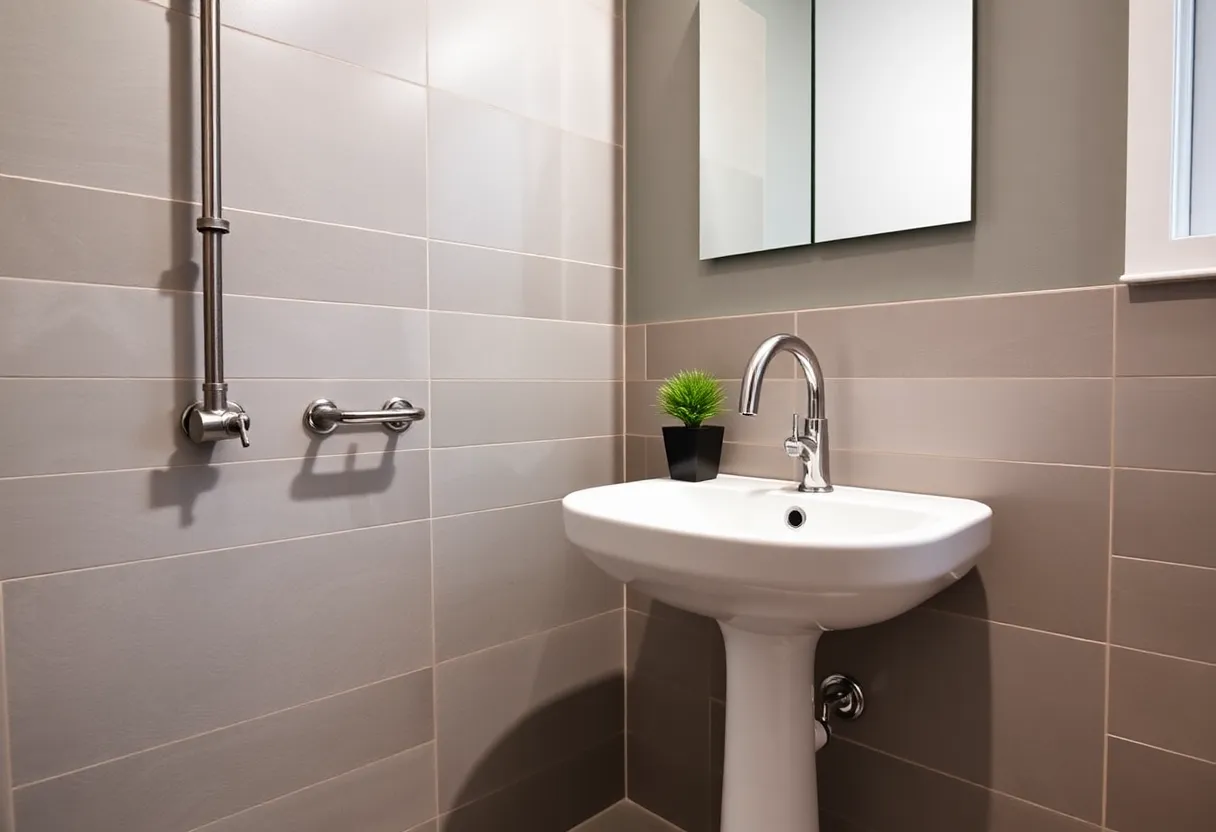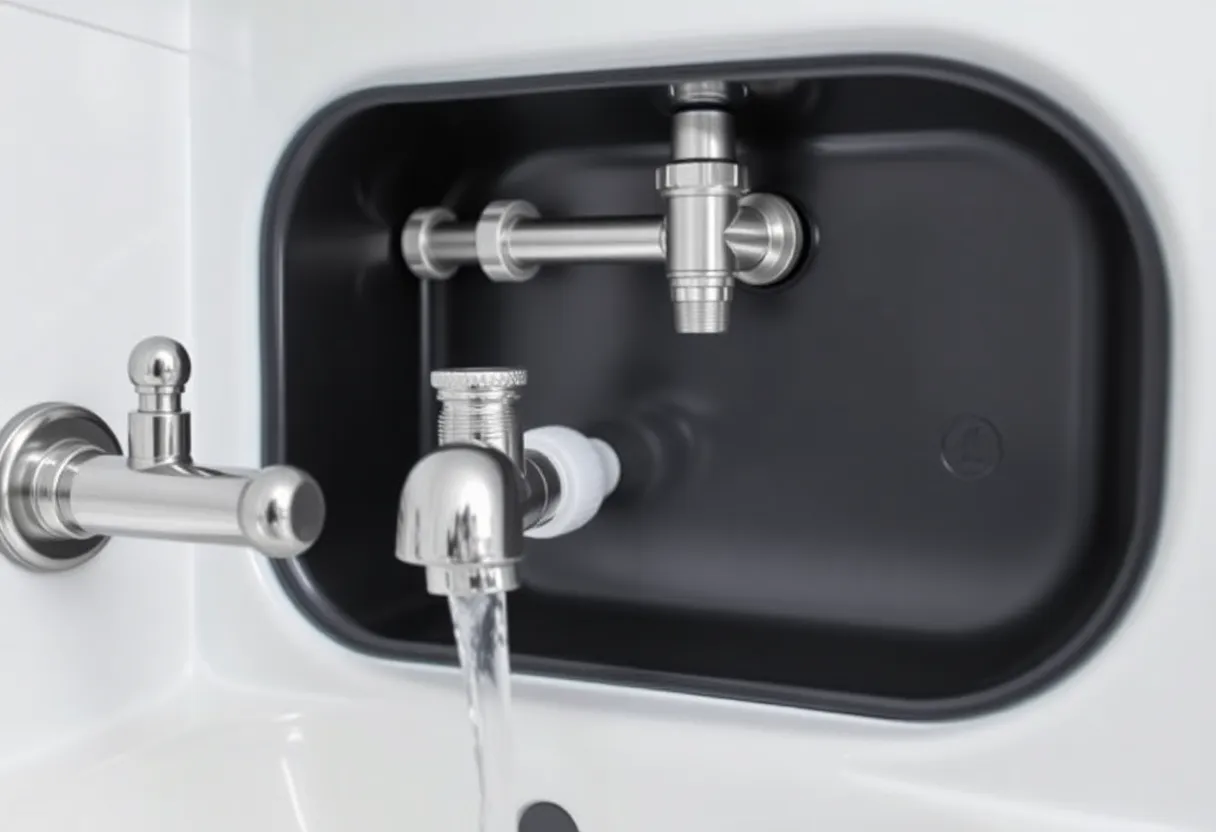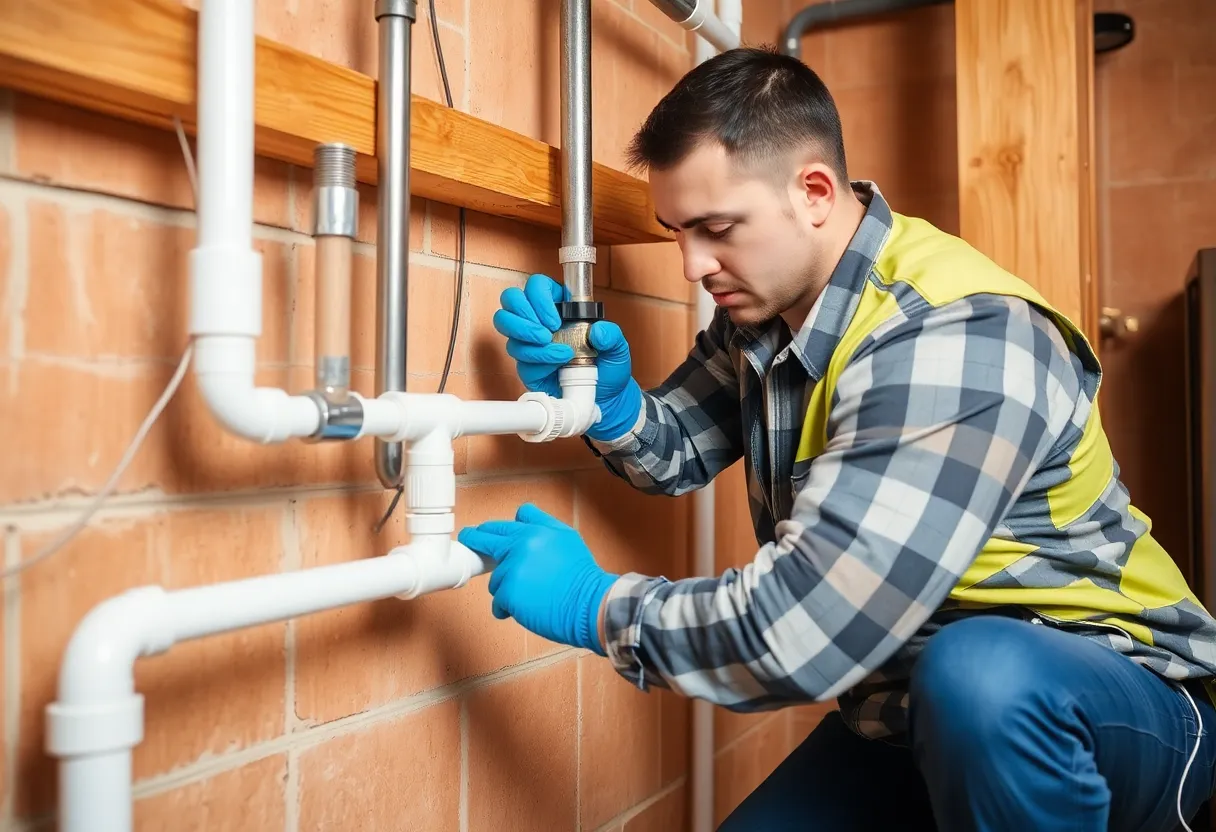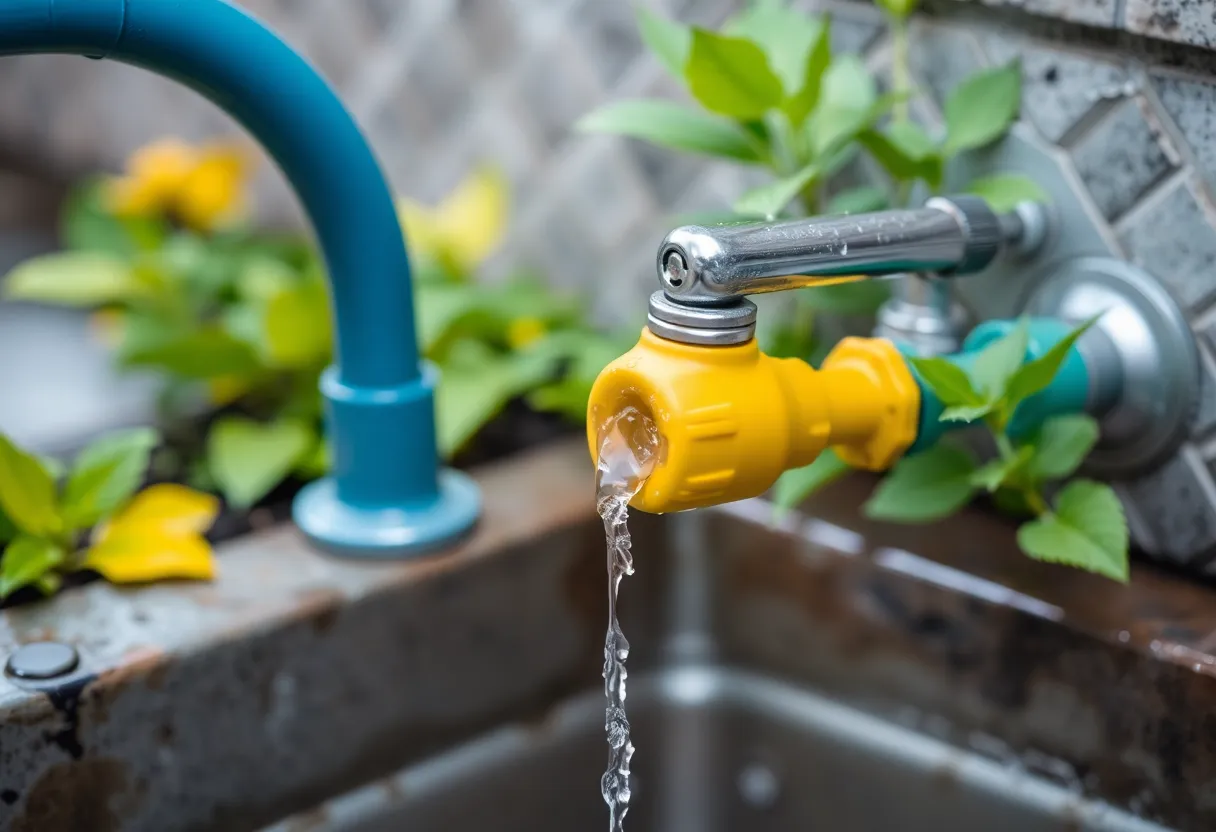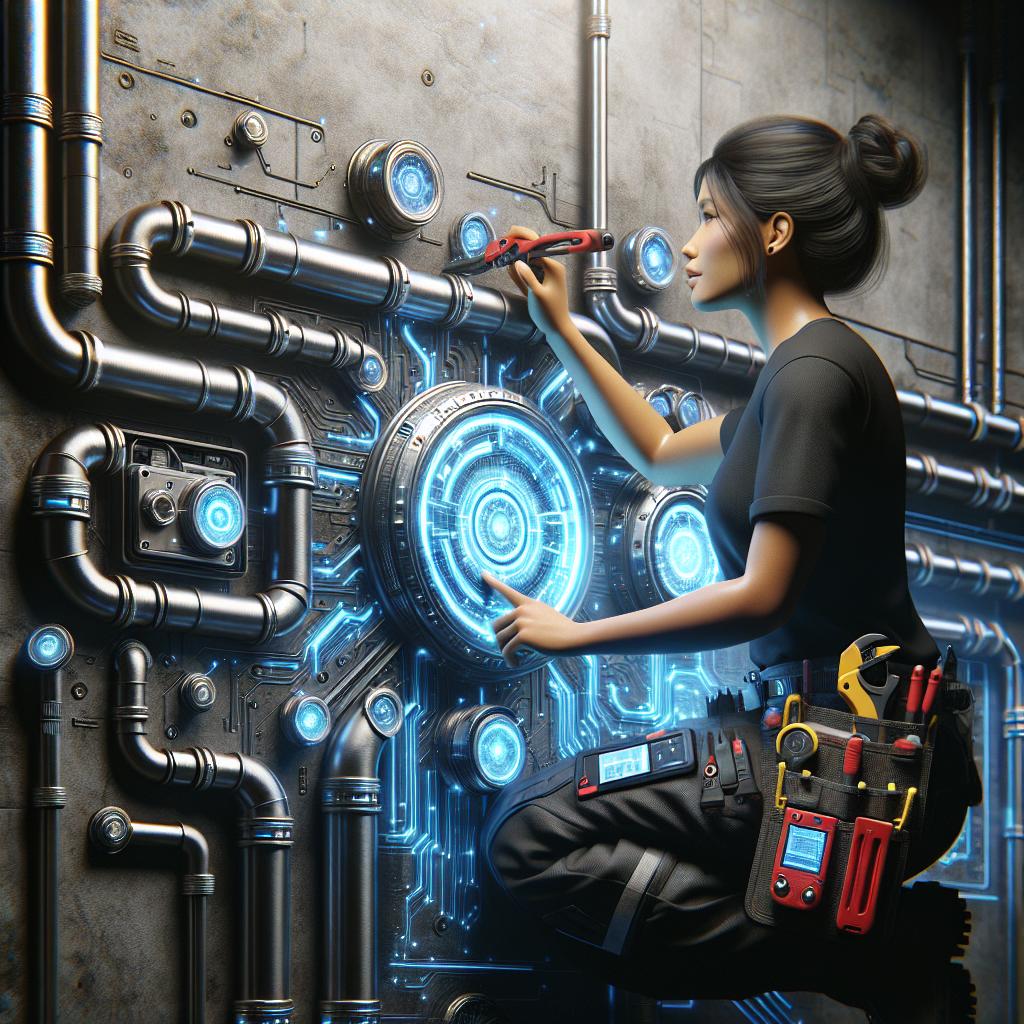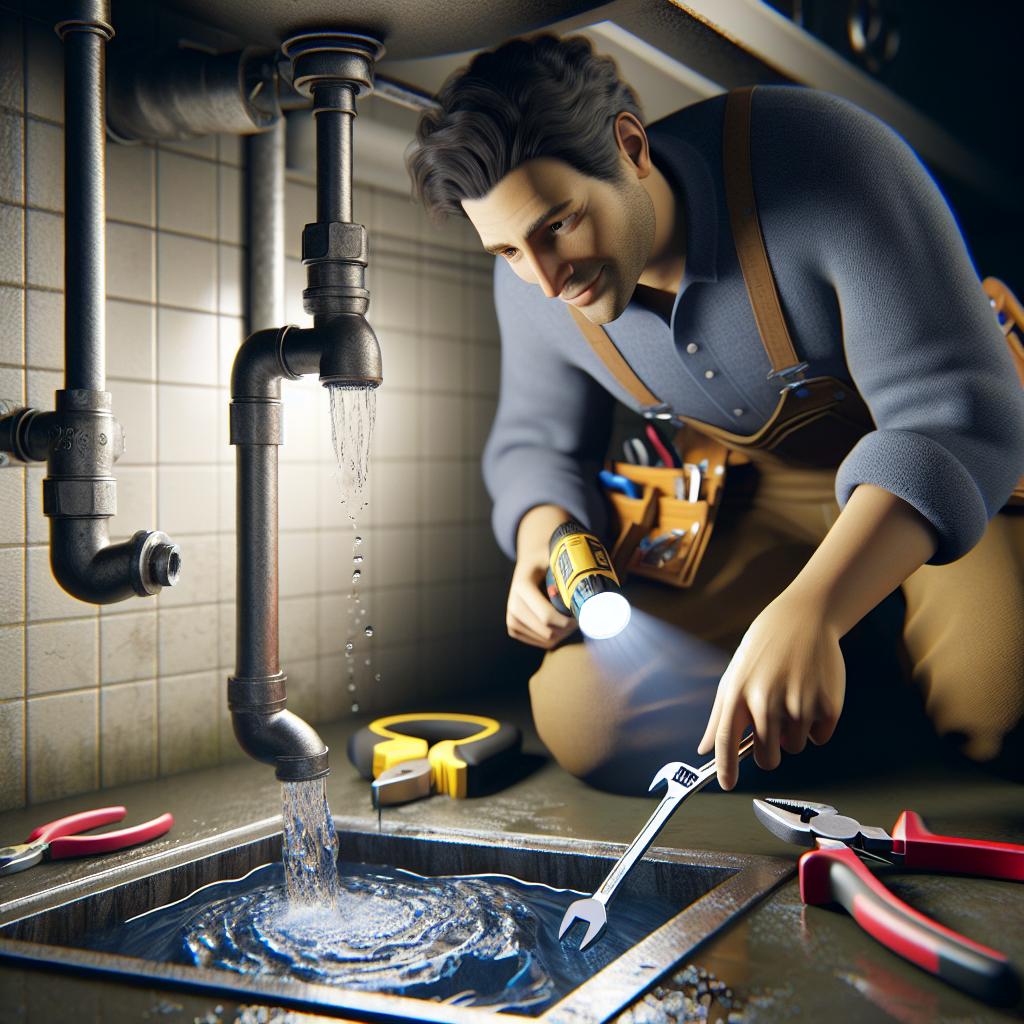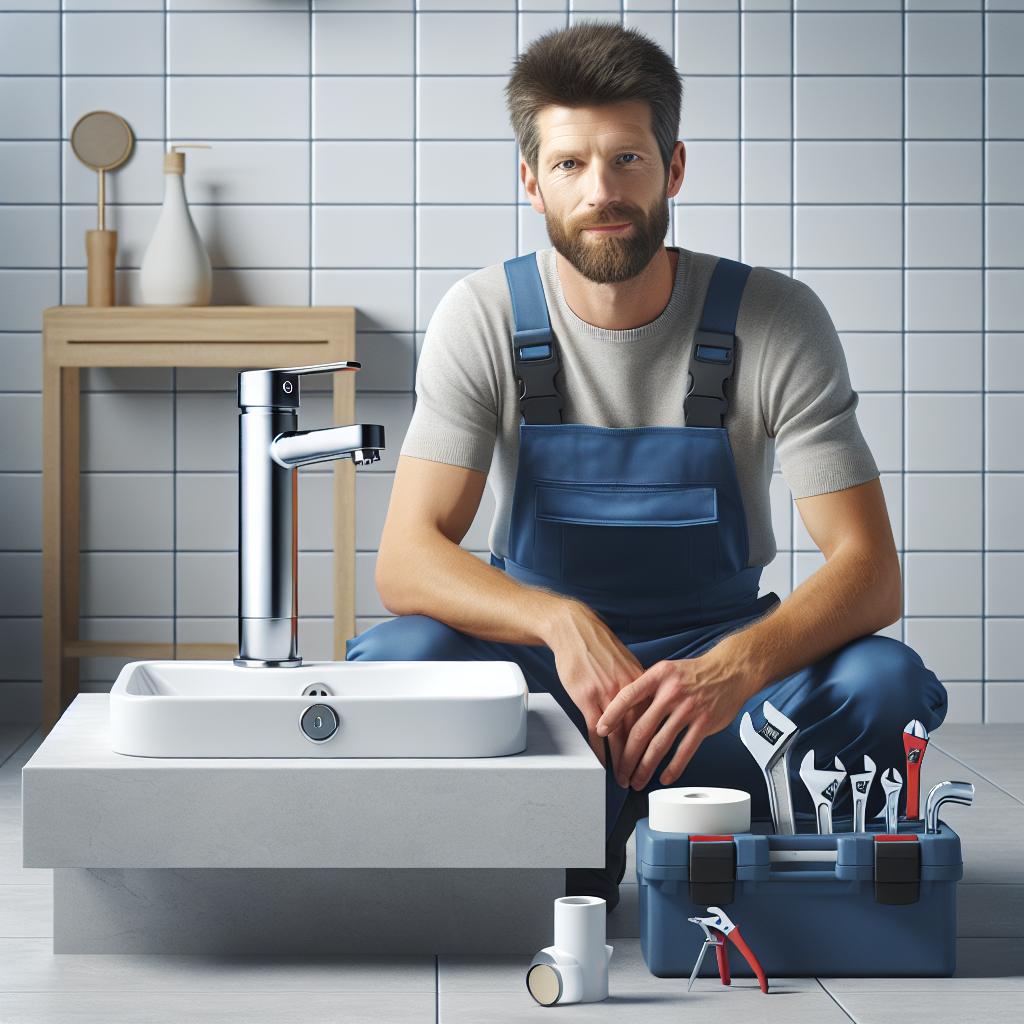The Plumbing Makeover: 10 Essential Upgrades to Modernize Your Home’s Water System
When it comes to creating a comfortable and functional home, plumbing often takes a backseat to more visible renovations. However, having an efficient and modern water system is paramount for daily living. Upgrading your plumbing can save you money, enhance your home’s value, and provide a more sustainable solution for your family’s needs. Below, we’ll explore ten essential upgrades that can transform your home’s plumbing system into a modern marvel.
1. Install a Tankless Water Heater
One of the most significant upgrades you can make is replacing your traditional water heater with a tankless water heater. Unlike their tank counterparts, tankless systems heat water on demand, providing an endless supply. This upgrade not only saves energy—thereby reducing utility bills—but also takes up less space. You’ll enjoy instant hot water for showers, washing dishes, and laundry without the wait.
2. Upgrade Your Pipes
If your home is still using old copper or galvanized pipes, it’s time for an upgrade. Consider replacing them with PVC or PEX pipes. These materials are more resistant to corrosion and leaks, and they have a much longer lifespan. Moreover, PEX pipes can be easily installed with fewer fittings, reducing potential leak points and providing your plumbing system with improved flow rates. With modern piping solutions, you’ll be investing in a safer and more efficient plumbing system.
Benefits of Upgrading Pipes
- Improved water quality: New pipes reduce the risk of contaminants leaching into your water supply.
- Increased water pressure: Modern piping allows for better water flow throughout your home.
- Enhanced durability: New materials are designed to withstand the test of time and extreme weather conditions.
3. Incorporate Smart Water Meters
Home automation is changing how we manage our households, and plumbing is no exception. Installing a smart water meter will enable you to monitor water usage in real-time. This technology helps you identify leaks, track usage patterns, and make informed decisions about conservation. Using an app can alert you to any irregularities, which ultimately saves money and conserves water.
Why Smart Water Meters Matter
- Leak detection: Instant alerts mean you can act quickly to fix small problems before they become significant issues.
- Water conservation: Monitoring usage can help you identify areas where you can reduce consumption.
- Cost savings: Know where your money goes and take action accordingly.
4. Install Energy-Efficient Appliances
Upgrading your washing machine and dishwashing appliances to more energy-efficient models can make a significant impact on your water usage. Look for products certified by the Energy Star program, as they not only consume less water but also use less energy. This dual benefit can lead to long-term savings on both utilities and maintenance costs.
Choosing Energy-Efficient Appliances
When selecting new appliances, consider the following:
- Capacity: Choose appliances that are suitable for your household size, ensuring you don’t use more water than necessary.
- Features: Some models allow you to set water levels according to the load size, optimizing efficiency.
- Ratings: Always check energy and water consumption ratings before making a purchase.
5. Replacing Faucets and Fixtures
Your home’s faucets can be both a style statement and a source of water waste. Upgrading to low-flow faucets and fixtures can significantly reduce water consumption without sacrificing performance. Look for models that have a WaterSense label, indicating they meet specific criteria for efficiency.
Alternative Options for Bathroom Fixtures
Consider also replacing:
- Showerheads: Opt for low-flow showerheads that provide a satisfying stream while conserving water.
- Toilets: High-efficiency toilets (HETs) can save a significant amount of water compared to older models.
6. Implement a Rainwater Harvesting System
Collecting rainwater is an excellent way to conserve water and promote sustainability. A rainwater harvesting system consists of gutters and storage tanks that capture rainwater for non-potable use such as irrigation, flushing toilets, or washing cars. Not only does this reduce your overall water consumption, but it can also lower your water bills.
Key Components of Rainwater Harvesting
- Collection Surface: Typically, rooftops are used to capture rainwater.
- Filtration System: Ensures that debris and contaminants are removed from the collected water.
- Storage Tanks: Hold the collected water for later use, ideally made from safe materials.
7. Investigate a Water Softener
If you live in an area with hard water, installing a water softener can have profound effects. Hard water contains high levels of calcium and magnesium, which can lead to mineral build-up in pipes, fixtures, and appliances. A water softener reduces these minerals, helping to extend the lifespan of your plumbing and improve water quality for drinking and bathing.
Advantages of Water Softeners
- Reduced build-up: Prevents scaling in pipes and appliances, enhancing efficiency.
- Improved soap performance: Soft water lathers better, which can lessen your cleaning needs.
- Enhanced taste: Many homeowners find softened water tastes better than hard water.
8. Upgrade to a High-Efficiency Boiler
If you rely on a boiler for heating, it’s essential to assess its efficiency. Upgrading to a high-efficiency boiler can significantly reduce energy costs and improve performance. These modern systems are designed to optimize heat transfer and minimize waste, providing you with consistent heating while consuming less fuel.
Choosing a New Boiler
Here are some factors to consider:
- Energy ratings: Look for models with high AFUE (Annual Fuel Utilization Efficiency) ratings.
- Size: Ensure you select a boiler that fits well with your home’s heating requirements.
- Type: Decide between conventional, combi, or system boilers based on your needs.
9. Conduct a Plumbing Inspection
Before making any upgrades, it’s wise to perform a thorough plumbing inspection. Hiring a professional to inspect your entire system will help identify existing problems such as leaks, outdated materials, or any code violations. This proactive step ensures that your upgrades are both effective and safe, laying the groundwork for a successful plumbing makeover.
Assessment Items to Evaluate
- Pipes: Evaluate the condition and material of existing pipes.
- Fixtures: Check for wear and tear on all fixtures including faucets and toilets.
- Water pressure: Measure water pressure in various parts of your home.
10. Install a High-Quality Filtration System
Lastly, considering a high-quality water filtration system can significantly enhance your home’s water quality. Depending on your needs, options range from whole house systems to under-sink filters. These systems can remove contaminants, improve taste, and provide peace of mind regarding water quality for you and your family.
Types of Filtration Systems
- Activated carbon filters: Effective for removing chlorine and improving taste.
- Reverse osmosis systems: Excellent for removing a wide array of contaminants.
- UV filters: Kill bacteria and other pathogens without the use of chemicals.
Conclusion
With these ten essential plumbing upgrades, you can significantly modernize your home’s water system, making it more efficient, sustainable, and user-friendly. Not only will these enhancements improve your daily life, but they will also add to your home’s value and provide long-term cost savings. Whether you decide to tackle these projects one at a time or all at once, investing in your plumbing system is an investment in your home’s future. So take the plunge—your home will thank you!




